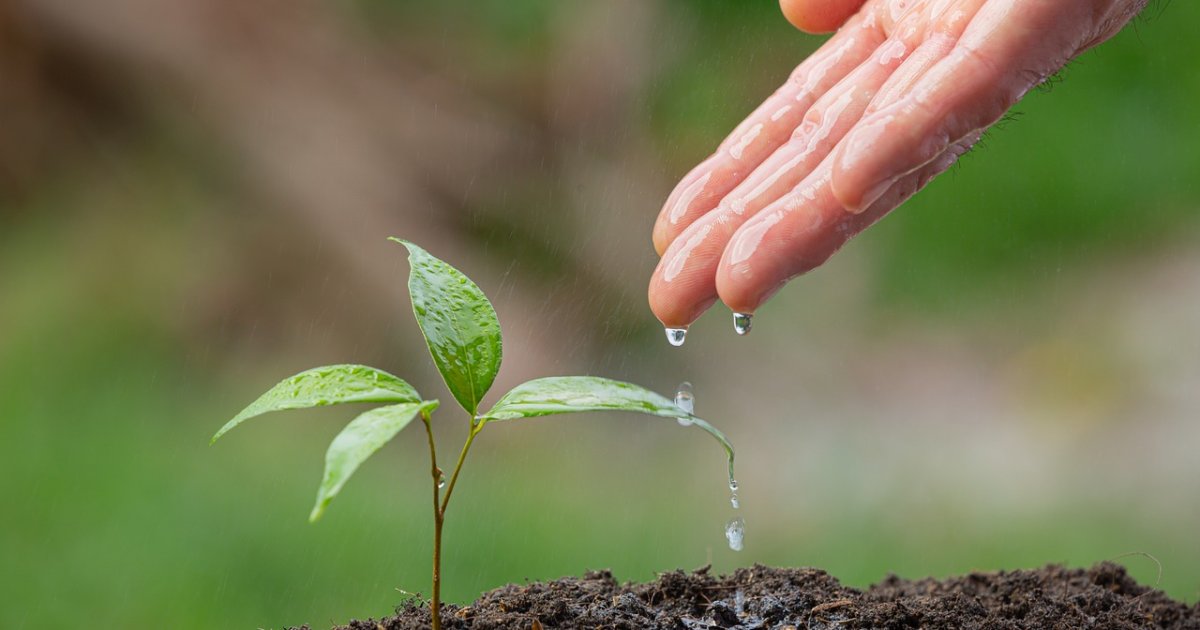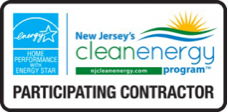If you’re considering ways to improve the energy efficiency of your home, Earth Day offers a perfect opportunity to take action. Implementing environmentally-friendly modifications in your home can contribute to the fight against climate change. Basic measures such as lowering energy use, preserving water, and participating in recycling activities can have an impact. Interested in finding out more? Explore the details given below.
Household Energy Efficiency Plays a Role in Climate Change
Residences utilizing energy derived from fossil fuels play a substantial role in exacerbating climate change. The US has acknowledged that enhancing the energy efficiency of homes can significantly cut down Co2 emissions at a minimal expense. To contribute to this change, you can boost the energy efficiency of your dwelling. This could mean reducing your daily energy consumption, subscribing to a renewable energy supplier, or striving to conserve energy in any possible way. Regardless, even minor adjustments can help you contribute to environmental preservation and benefit your family.
How can You Make a Difference? Get an Energy Audit Done First
To determine the energy efficiency of your home, it’s recommended to begin with an Energy Audit. Undertaking an energy audit will reveal the areas that require enhancement. This eliminates any guesswork and provides the assurance needed to confirm that you’re contributing positively to the environment. When you engage B&E for your energy audit, the entire process will approximately take an hour. You’ll have the opportunity to identify areas for improvement and potential savings. This is a straightforward method to ensure that your home is progressing towards energy efficiency.
Using Less Energy Impacts the Environment
Examining the usual blend of energy production, it’s evident that it heavily relies on fossil fuels such as Natural Gas, Oil, and Coal. The more you reduce your energy consumption, the less energy utility companies need to supply, resulting in lower carbon emissions. It’s crucial to note that the pollution emitted from power plants also contributes to climate change. Therefore, one method to play your role in this is by minimizing your energy usage, thereby reducing the strain on these resources.
Get Rebates to Make your Home More Energy-Efficient!
Conserving energy not only reduces costs but also significantly enhances your home’s comfort. By insulating and air sealing, your house remains warm during winter and cool during summer, leading to less energy consumption and increased comfort. By choosing a NJ Home Performance Contractor like B&E Energy Solutions for your home insulation, you gain access to zero-interest financing and cash rebate options provided through the NJ Home Performance with Energy Star (HPwES) Utility Programs and their associated contractors. These benefits help alleviate some of the expenses associated with making your home more energy-efficient. The NJ HPwES programs provide up to $15,000 in zero-interest financing and rebates of up to $5,000 for eligible energy enhancements.
Heater and Energy Efficiency
Should your heater be approaching its functional life limit or requiring frequent fixes, it might be the right moment to upgrade to a high-efficiency Energy Star certified model from B&E. By installing new high-efficiency heating, cooling, and hot water systems, you can enhance your home’s comfort while simultaneously decreasing your energy usage. The NJ HPwES zero percent financing and rebates previously mentioned are worth considering when undertaking any energy-related enhancements.
Air Conditioning and Energy
Your house might be comfortable during the winter, but remember the season of air conditioning. If your air conditioner is aging and nearing its functional life’s end, or requires frequent repairs, it might not regulate temperature and humidity to your satisfaction. The air conditioner could be consuming more energy than necessary to cool your house, thereby increasing your expenses. B&E provides Energy Star certified high-efficiency air conditioners via the NJ HPwES program, along with financing options and rebates mentioned earlier to assist with the cost of your new system.
Domestic Water Heating
In the majority of households, the Water Heater operates round the clock to ensure hot water is accessible whenever needed. Over a year, it becomes one of the major energy consumers in the house. Through the NJ HPwES Program, B&E provides new Energy Star high-efficiency water heating tanks, and extremely efficient on-demand style water heaters. These heaters don’t store water, instead, they heat it as it flows through. The supply is infinite, so you’ll never run out of hot water again!
Checklist for Things You Can Do Right Now to Improve your Home’s Thermal Energy Efficiency
- Seal drafts and air leaks
- Insulate your home
- Upgrade your Heating system
- Upgrade your Air Conditioner
- Upgrade your Hot Water Heater
- Use programmable thermostats
The Danger of Single-Use Plastics Around the Home
If you frequently utilize disposable plastics and other items such as cans & glass containers in your household, there are minor measures you can implement besides enhancing your home’s energy efficiency. Begin by reducing the use of disposable plastics as much as you can. Aim to purchase items with minimal packaging and restrict your usage of plastic bags. Ensure to recycle all recyclable materials, and understand that by recycling half of your domestic waste and reusing shopping bags, you can contribute to making a change.
The Importance of Making your Home Water Efficient
A decrease in energy consumption results in reduced extraction of fossil fuels and lower demand from power stations. Did you know that household water efficiency also significantly contributes to climate change mitigation? Lower water usage leads to less extraction, treatment, pumping, and heating of water, which significantly cuts down on greenhouse gas emissions, including CO2. If you’re interested in reducing your home’s water usage, here are some steps you can follow:
- Install low-flow showerheads
- Wash full loads of laundry
- Only run your dishwasher when it is full
- Turn off the tap when you brush your teeth
- Create a schedule for watering your lawn
- Harvest rainwater
Implementing water-saving methods not only conserves water but also reduces expenses. By using less water, there’s a decrease in wastewater requiring treatment. Each water-saving action contributes to conservation efforts twofold.
Reducing energy consumption stands as a significant means for individuals to contribute positively to the environment. If you’re inclined to play your part, we invite you to reach out to us at B&E via https://beinsulated.com/contact/ to arrange a home energy audit and explore our energy-saving options further.





